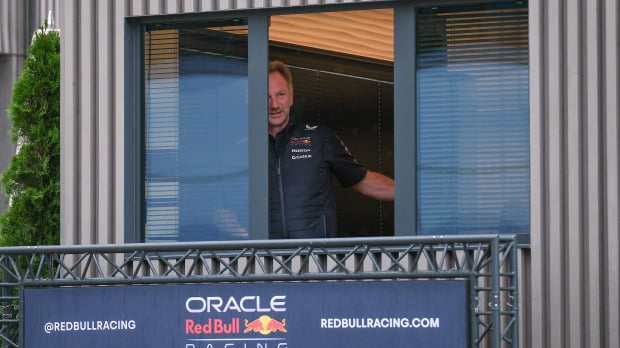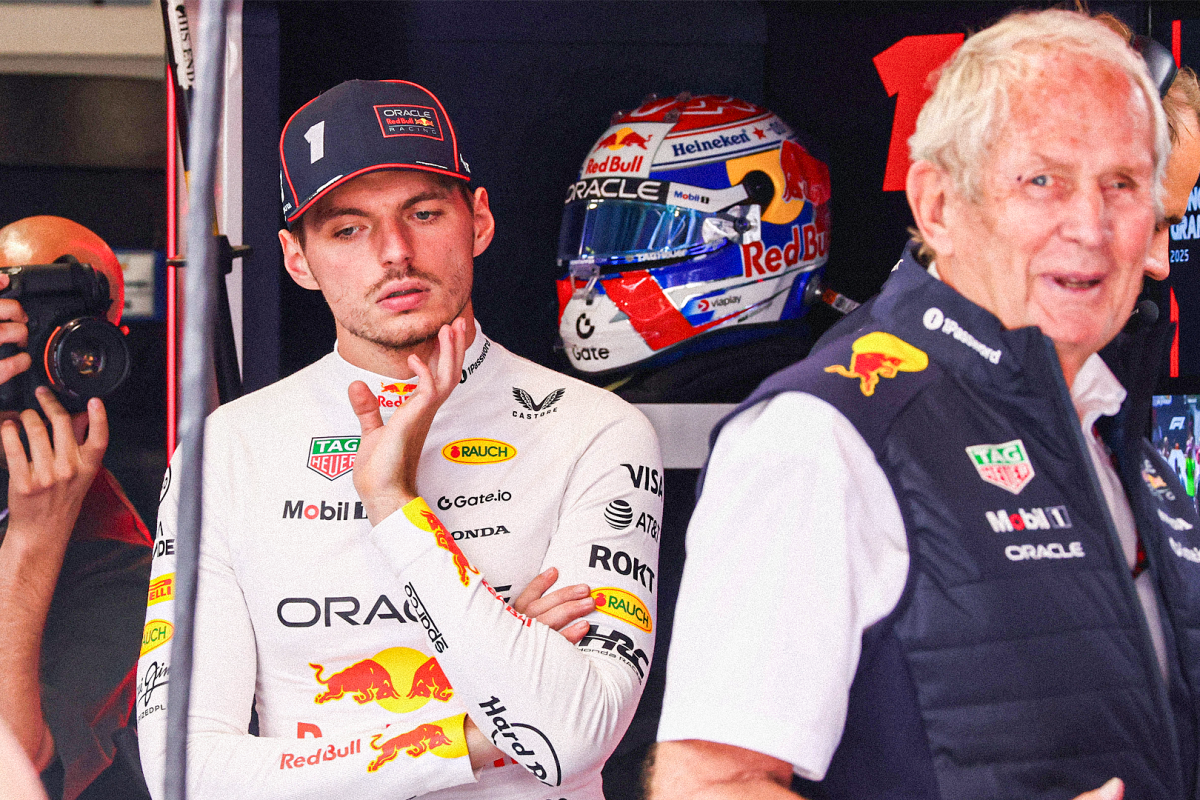Horner says Red Bull goodbye with ‘h… read more
Christian Horner, the mastermind behind Red Bull Racing’s unprecedented dominance in Formula 1, has announced his departure from the team, leaving behind a legacy etched in both spectacular victories and considerable controversy. His announcement, delivered with a palpable sense of emotion, confirmed widespread speculation and sent shockwaves through the motorsport world. While the exact reasons for his exit remain somewhat shrouded in ambiguity, Horner’s statement hinted at a desire for new challenges and a need for a change of pace after two decades at the helm of the energy drink-backed powerhouse.
Horner’s tenure at Red Bull, spanning from 2005, marked a transformative era for the team. He joined at a relatively nascent stage, inheriting a fledgling outfit that quickly rose through the ranks, challenging the established order dominated by Ferrari and McLaren. His astute leadership, coupled with strategic brilliance and a knack for identifying and nurturing young talent, propelled Red Bull to unparalleled heights. The recruitment of Sebastian Vettel, a young German driver bursting with raw potential, proved to be a pivotal moment. Under Horner’s guidance, Vettel clinched four consecutive World Championships (2010-2013), establishing Red Bull as a force to be reckoned with and solidifying Horner’s reputation as a visionary team principal.
Beyond the driver selection, Horner’s success lay in fostering a highly competitive and cohesive team environment. He cultivated a culture of relentless pursuit of excellence, pushing the boundaries of engineering innovation and strategic thinking. Red Bull’s dominance wasn’t solely attributed to superior car performance; it was a product of a meticulously crafted ecosystem where every member, from the engineers in the factory to the mechanics in the pit lane, played a crucial role in achieving shared goals. This collaborative spirit, nurtured and championed by Horner, was arguably as vital as the aerodynamic prowess of Adrian Newey’s car designs.
However, Horner’s legacy is not without its blemishes. The team’s aggressive and often controversial on-track tactics, particularly in the era of Vettel’s dominance, earned them both admiration and condemnation. Accusations of employing underhand tactics, exceeding budget caps, and engaging in questionable strategic maneuvers became a recurring theme. These controversies, while contributing to a narrative of ruthless ambition, also overshadowed the team’s achievements on occasion, inviting criticism about the methods employed to secure victories.
The “Multi 21” incident in the 2013 Malaysian Grand Prix, where Sebastian Vettel disobeyed team orders to overtake his teammate Mark Webber, remains a stark example. While ultimately contributing to a championship win, the incident highlighted a tension between team loyalty and individual ambition, a tension that Horner often seemed to navigate with considerable dexterity but not without occasional missteps. This instance, and others like it, fueled debates about sporting ethics within Formula 1 and cast a shadow over the team’s otherwise impressive achievements.
Beyond the on-track controversies, Horner’s leadership style has also been a subject of discussion. Described by some as demanding and autocratic, he fostered a fiercely loyal team, but also one where dissent was reportedly discouraged. This leadership style, while effective in driving results, may have also contributed to a certain level of internal pressure and potential burnout within the organization.
The reasons for Horner’s departure remain largely unconfirmed. While his statement alluded to personal reasons and a desire for new challenges, speculation abounds regarding potential internal conflicts, disagreements over future strategic direction, or even external opportunities. The timing of his departure, amidst another season of dominant Red Bull performance, adds an extra layer of intrigue.
His departure undoubtedly marks the end of an era at Red Bull Racing. He leaves behind a team transformed from a relative newcomer into a global powerhouse, a testament to his leadership and strategic vision. His impact on Formula 1 extends beyond Red Bull; he has become a recognizable and influential figure within the sport, shaping its narrative and influencing its trajectory. While his exit leaves a void, it also presents an opportunity for both Red Bull Racing and Horner himself to embark on new adventures, writing new chapters in their respective stories. His legacy, however, remains complex, a blend of unparalleled success, strategic brilliance, and inevitable controversy, a reflection of the high-stakes, high-pressure environment of Formula 1 itself. The future will undoubtedly reveal the full extent of his lasting impact on the sport.




